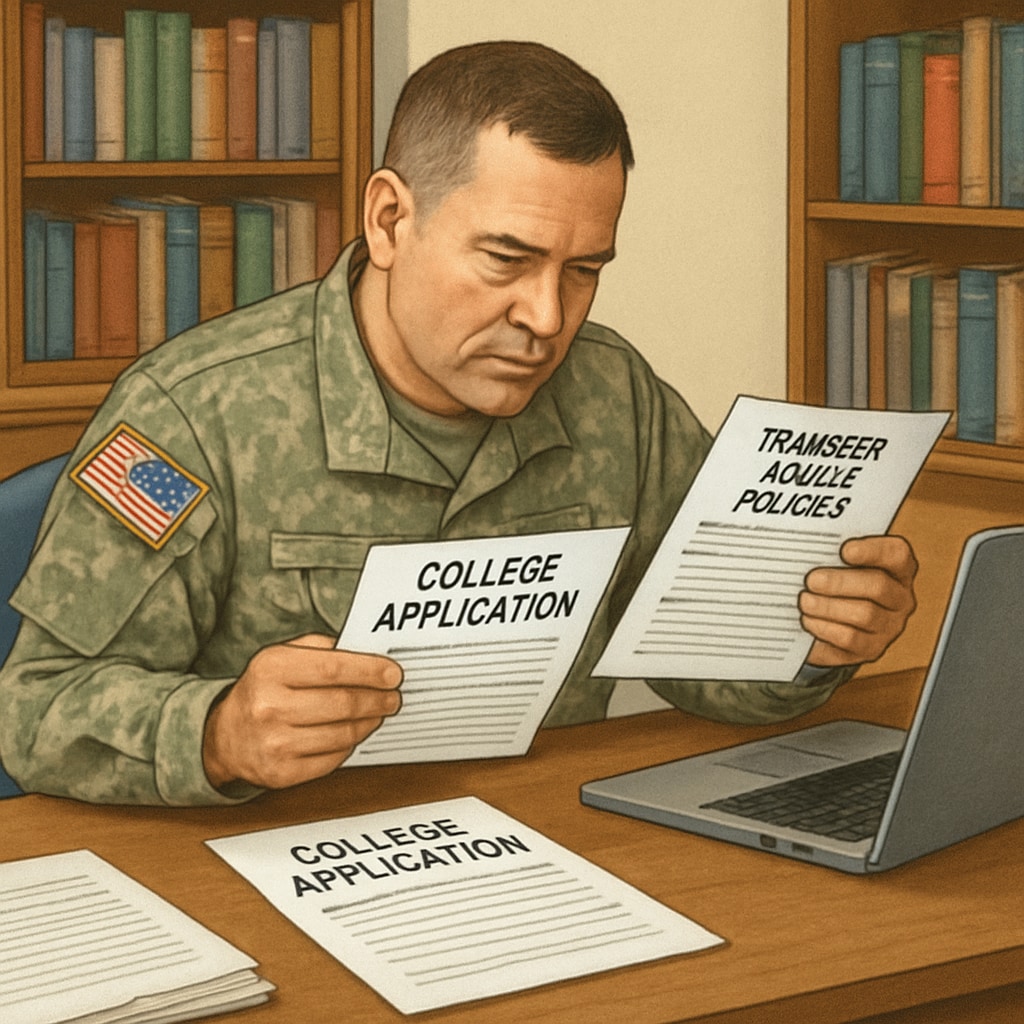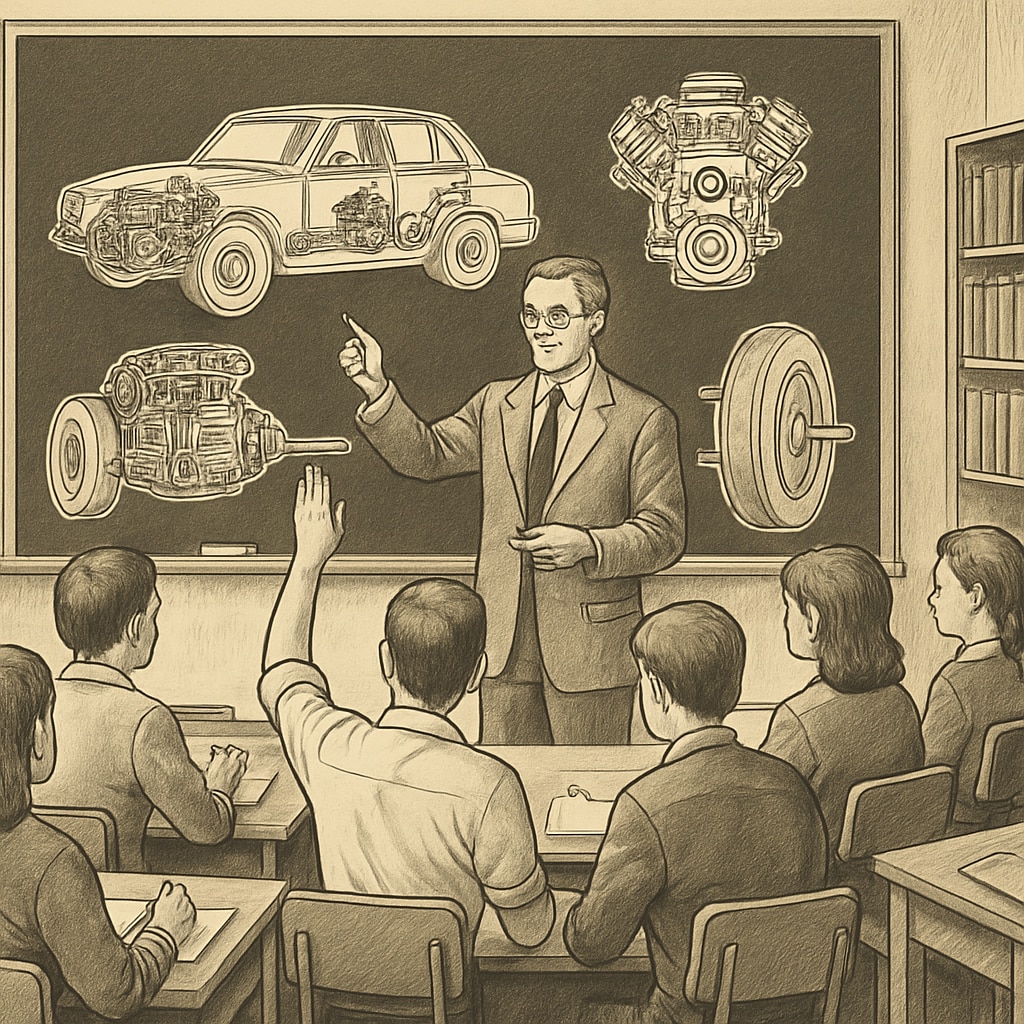For military veterans who have earned an associate degree in automotive technology, transitioning to a bachelor’s degree program can present an incredible opportunity to broaden career horizons. The combination of practical experience gained in the military and an academic foundation allows veterans to not only maximize credit transfers but also align their educational pursuits with long-term career goals. This article provides actionable strategies for successfully upgrading from an associate degree to a bachelor’s degree in automotive technology or related fields.
Maximizing Credit Transfers for a Smooth Transition
One of the first steps in pursuing a bachelor’s degree is to assess how many of your associate degree credits can be transferred. For veterans, this process can be particularly advantageous due to military training credits that may also be applicable. Many colleges and universities evaluate prior coursework and military experience to ensure that students don’t need to repeat subjects they’ve already mastered.
Here are a few tips to maximize credit transfers:
- Contact the admissions office of prospective schools and request a transcript evaluation.
- Look for programs that have articulation agreements with your associate degree institution.
- Explore schools that are part of the Servicemembers Opportunity Colleges (SOC) network, which often have veteran-friendly credit policies.
Additionally, platforms like the GI Bill official website can provide information about financial aid and credit transfer opportunities specifically for veterans.

Choosing the Right Bachelor’s Degree Program
When selecting a bachelor’s degree program, it’s important to consider how the program aligns with your career ambitions. Graduates with an associate degree in automotive technology often pursue bachelor’s degrees in fields such as:
- Automotive Management: Ideal for those interested in leadership roles within the automotive industry.
- Mechanical Engineering: A more technical path that delves into the design and development of automotive systems.
- Business Administration: Perfect for veterans who aspire to own or manage automotive repair shops or dealerships.
In addition to these options, some schools offer customized “degree completion programs” specifically tailored for students with associate degrees. These programs typically allow for a higher percentage of credit transfers, shortening the time to graduation.

Balancing Education with Career and Family
For many veterans, returning to school means juggling multiple responsibilities, such as work and family life. Fortunately, numerous resources and flexible learning formats are available to make this transition smoother:
- Explore online or hybrid degree programs that allow for remote learning.
- Leverage veteran education benefits, such as the Post-9/11 GI Bill, which may cover tuition and living expenses.
- Utilize campus support services, including veteran resource centers and academic advising.
By taking advantage of these resources, veterans can create a manageable schedule that accommodates both their academic and personal commitments.
Planning for Long-Term Career Success
Earning a bachelor’s degree not only enhances your technical knowledge but also opens doors to advanced career opportunities. Graduates with higher qualifications are often eligible for roles in automotive design, management, and even emerging fields like electric vehicle (EV) technology. For example, the rise of autonomous vehicles and sustainable energy solutions is creating demand for professionals with expertise in both automotive technology and business strategy.
In addition, networking through industry-specific organizations—such as the Society of Automotive Engineers (SAE)—can help veterans connect with potential employers and stay updated on industry trends.
Ultimately, the combination of military discipline, hands-on automotive experience, and a bachelor’s degree can make veterans uniquely competitive in the job market.
Readability guidance: This article uses short paragraphs and lists to break down complex information. It incorporates transitional phrases like “in addition” and “for example” to ensure smooth reading, while maintaining a professional yet approachable tone.


